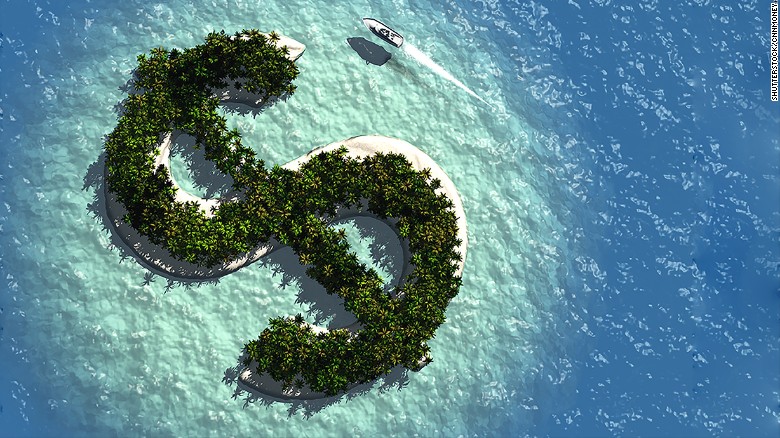What are the Panama Papers?
ICIJ and an international coalition of media outlets investigated the trove of papers which allegedly reveal a clandestine network involving associates of Russian President Vladimir Putin, and business ties between a member of FIFA’s ethics committee and men whom the United States has indicted for corruption.
Why are they called the Panama Papers?
The more than 11 million documents, which date back four decades, are allegedly connected to Panama law firm Mossack Fonseca. ICIJ reports that the firm helped establish secret shell companies and offshore accounts for global power players. ICIJ reports that a 2015 audit found that Mossack Fonseca knew the identities of the real owners of just 204 of 14,086 companies it had incorporated in Seychelles, an Indian Ocean archipelago often described as a tax haven.
Is it clear anything illegal has happened?
The documents do not necessarily indicate illegal activity. But shell companies and offshore accounts can be used to mask the origin of financial transactions and ownership. The files include people and companies that the U.S. has blacklisted due to drug trafficking and terrorism links, according to the ICIJ.
Who is implicated in the documents?
The documents reference 12 current or former world leaders, as well as 128 other politicians and public officials. In addition to allegations involving Putin and FIFA, the papers also accuse Iceland’s prime minister of having ties, through his wife, to an offshore company that were not properly disclosed. The documents allegedly show Argentina’s president did not correctly disclose assets when he was mayor of Buenos Aires.
How have the accused responded to the Panama Papers?
The Kremlin has dismissed the allegations as “a series of fibs” aimed at discrediting Putin ahead of elections. FIFA, the international soccer governing body, called them “ridiculous.” But the United Kingdom, France, Australia and Mexico have vowed investigations for possible tax evasion.
What is Mossack Fonseca saying?
On Monday, the firm released a statement:
“Our industry is not particularly well understood by the public, and unfortunately this series of articles will only serve to deepen that confusion. The facts are these: while we may have been the victim of a data breach, nothing we’ve seen in this illegally obtained cache of documents suggests we’ve done anything illegal, and that’s very much in keeping with the global reputation we’ve built over the past 40 years of doing business the right way, right here in Panama. Obviously, no one likes to have their property stolen, and we intend to do whatever we can to ensure the guilty parties are brought to justice.
“But in the meantime, our plan is to continue to serve our clients, stand behind our people, and support the local communities in which we have the privilege to work all over the world, just as we’ve done for nearly four decades.”
Firm co-founder Ramon Fonseca Mora told CNN earlier that the information published is false and full of inaccuracies and that parties “in many of the circumstances” cited by the ICIJ “are not and have never been clients of Mossack Fonseca.” The firm provided longer statements to ICIJ.
How did ICIJ get the documents?
An anonymous source gave the documents to Germany’s Suddeutsche Zeitung and the newspaper shared them with ICIJ. Other media organizations that reported on the documents include the BBC, The Guardian and McClatchy.
CNN is unable to independently verify the reports and is seeking comment from the most prominent figures mentioned. They are spread across Europe, Asia, the Middle East, Africa and the Americas.
As reported by CNN

